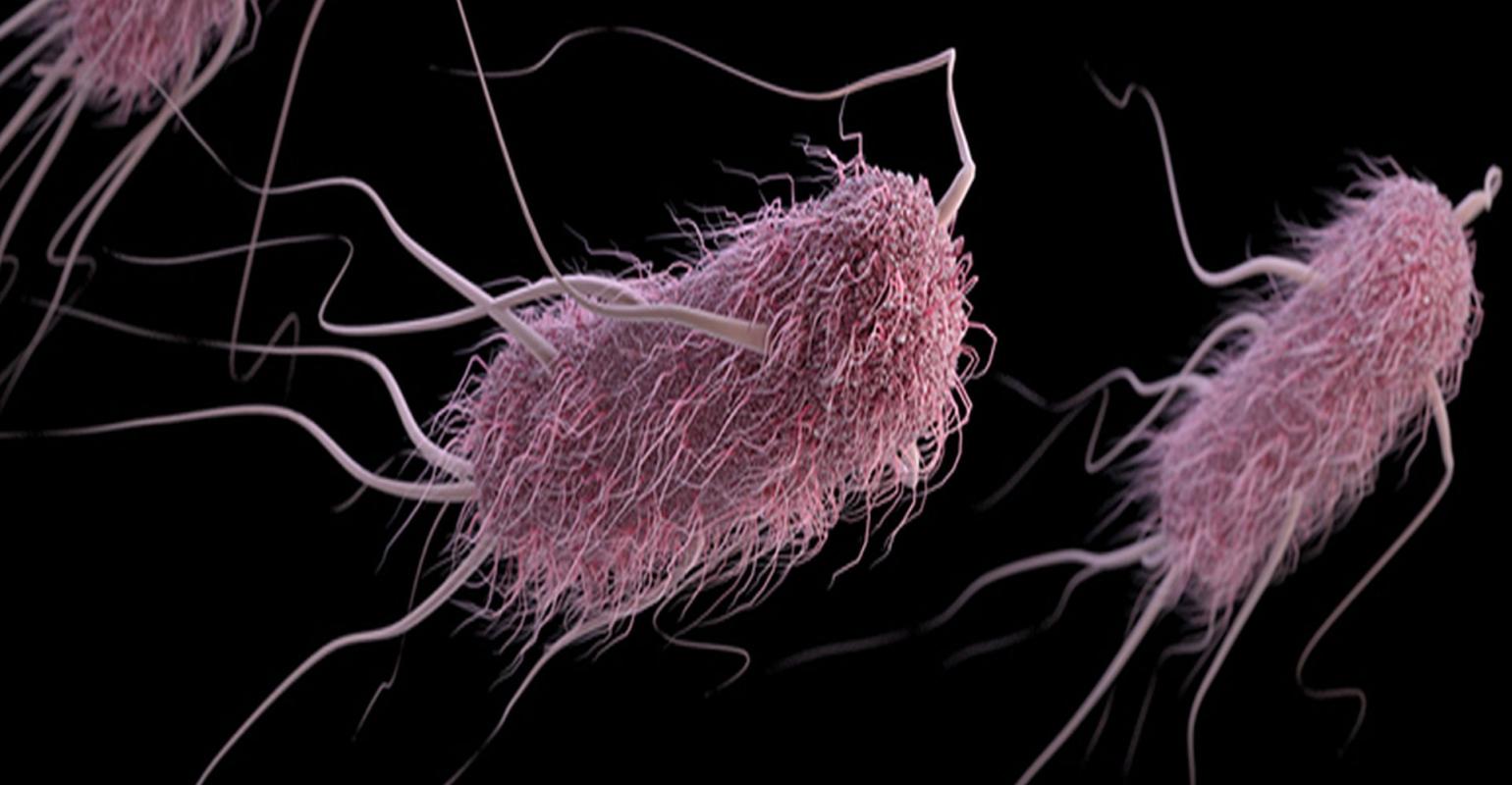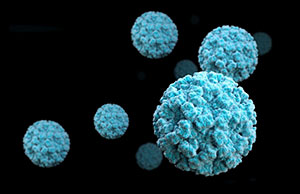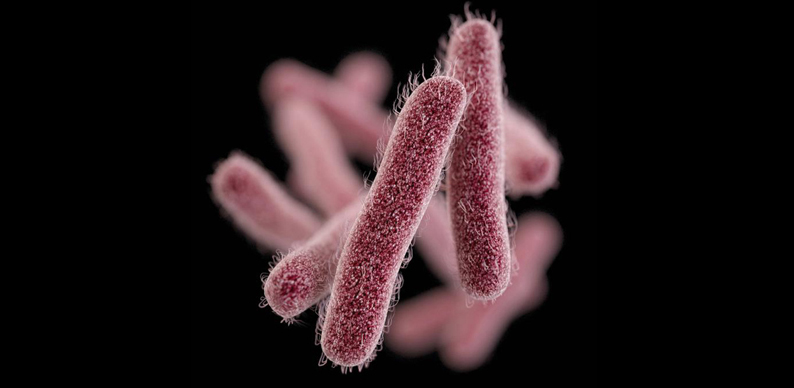DHHS → MeCDC → Disease Surveillance → Epidemiology → Recreational Water Illness (RWI)
Recreational Water Illnesses (RWIs)
Though summer is short in Maine, residents and visitors spend time in pools, lakes, rivers, hot tubs, and at beaches. Staying healthy while enjoying summer activities is important. Keeping our recreational water sources clean is also important. Please read below to discover what you can do to stay healthy this summer and help keep others healthy too. Happy Swimming!
On this page
General Information

Recreational water illnesses (RWIs) are caused by germs spread by swallowing, breathing in mists or aerosols from, or having contact with contaminated recreational water. Recreational water includes water in:
- Pools
- Hot Tubs
- Water Parks
- Lakes
- Rivers
- Oceans
RWIs include a wide variety of infections, incuding stomach, skin, ear, respiratory, eye, neurologic, and wound infections. The most commonly reported symptom is diarrhea.
Common Recreational Water Illnesses
Recreational water illnesses in Maine may include:
Cryptosporidiosis (Cryptosporidium)
|
|
Risk of Recreational Water Illnesses
Anyone that spends time in pools, hot tubs, water parks, rivers, lakes, and beaches is at risk. Children, pregnant women, and people with weakened immune systems can experience more severe illness.
Spread of Recreational Water Illnesses
Swallowing water that is contaminated with germs is the primary way RWIs spread. Water can be contaminated from stool, sewage spills, animal waste, and water runoff during rainfall. Some RWIs are caused by germs that live naturally in the environment.
Just one person with diarrhea can easily contaminate the water. Swallowing even a very small amount of water that is contaminated can make you sick.

Chlorine and Recreational Water Illnesses
Chlorine does kill germs that cause RWIs, but the time that it takes to kill each germ varies. Some germs, like Cryptosporidium (Crypto) can survive for days in a properly disinfected pool. This makes it very important to keep germs out of the water.
Prevention of Recreational Water Illnesses
Prevention for Swimmers
- Do not swim when you have diarrhea. You can spread germs in the water and make other people sick.
- Do not swallow water. Avoid getting water in your mouth.
- Practice good hygiene. Shower with soap before swimming and wash your hands after using the bathroom or changing diapers. Germs on your body end up in the water.
Prevention for Parents of Young Children
- Take your kids on bathroom breaks and check diapers often.
- Change diapers in a bathroom or diaper-changing area and not poolside or next to the water.
- Wash your child thoroughly (especially their rear-end) with soap and water before swimming. Small amounts of fecal matter can end up in the pool and make others sick.
Resources
Fact Sheets
- Recreational Water Illnesses (PDF)
- Swimmer's ear (Otitis Exerna) (PDF)

- US CDC Fact Sheets Specific to Recreational Water

Resources for Pool Owners
- Maine CDC Health Inspections Program Pool Guidance
- Pool Safety Tips

- Free Pool Test Strips

- US CDC Guidance for Animals and Pools

- US CDC Guidance for Aquatics Professionals

Resources for Code Enforcement
- Maine Department of Environmental Protection Monitoring and Assessment of Lakes
- Maine Healthy Beaches Advice for Maintaining Clean Beaches

Injury Related Information
- Injury and Skin Protection

- Drowning Prevention

- Safe Kids Worldwide Water Safety Tips at Home

- Prevent Carbon Monoxide Poisoning on Your Boat

- NIOSH Carbon Monoxide Dangers in Boating

Additional Resources for Maine Residents
- Maine Healthy Beaches

- EPA beaches

- RWI Frequently Asked Questions

- Waterborne Publications and Data

- Swim Diapers and Swim Pants

- Diarrhea and Spreading Illness at the Pool

- Chlorine Disinfection and Testing

- Cleaning Up Body Fluid Spills on Pool Surfaces

- Inflatable and Plastic Pools (Kiddie Pools)

- Water Play Areas and Interactive Fountains

- Breastfeeding in Pools and Hot Tubs/Spas

Resources for Providers
To report a recreational water illness or a related concern please contact the Maine CDC at 1-800-821-5821 or e-mail: disease.reporting@maine.gov.







